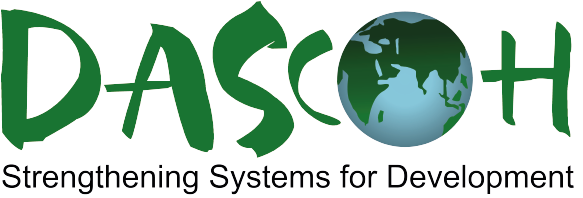
Project Name: DREAM 2- Dalit and Adibashi Obtain Rights, Are Empowerment, and have Access to Services in Naogaon
Project Implementation Period: 1 January to 31 December 2023
Funding Agencies: HEKS/EPER
Project Areas: Sapahar, Mohadevpur, Patrnitla and Porsha in Nagoan district.
Total Project budget: BDT: 99,17, 893
Project goal/objective: Improved and resilient life for the Dalits, Adibashi and other marginalized communities residing in the Naogaon district by fostering an enabling environment for greater access to rights, entitlements, and opportunities for socio-political, cultural, and economic well-being.
Outcomes:
Outcome-1: Equal rights and equal access to public resources for the D&A and other marginalized communities practice of remunerative Climate Smart Resilient Agro technologies
Outcome 2: Increased income, livelihood opportunities and economic inclusion for the D&A and other marginalized communities
Outcome 3: Resilience built against the negative impacts of climate change and other hazards among D&A and other marginalized communities
DASCOH Foundation is implementing the DREAM-2 project with the financial and technical support provided by HEKS/EPER with the aims to continue the DREAM project, leveraging its established relations with the target communities and local administrations. Now has project has been extending its support and interventions in Porsha, Shapahar, Mohadevpur and Patnital Upazila. It has been designed aligned with the HEKS/EPER Bangladesh country program for 2023-26, the DREAM project focuses on enhancing access to rights, economic empowerment, and resilience for marginalized communities. The project's first outcome involves advocacy for equal rights and entitlements, including lobbying at the district/upazila levels and national advocacy with multi-stakeholders. Economic empowerment (second outcome) includes enrolling youths in vocational courses and building capacities for occupational safety. The third outcome emphasizes building resilience through capacity building and responding to shocks and stresses. The project, scheduled from August 2023 to December 2026, will begin with a detailed baseline survey to inform necessary actions, adaptive management, and a review of the Theory of Change. Implementation will involve collaboration with local governments, upazilla and district platform members, and relevant stakeholders.




